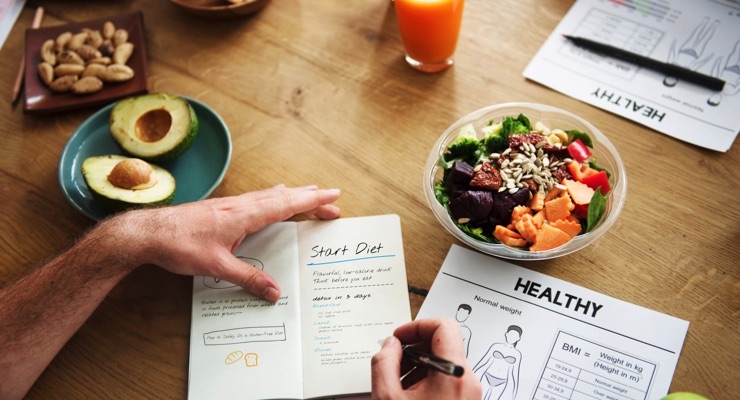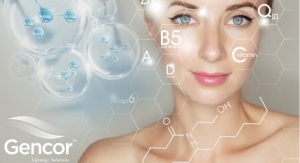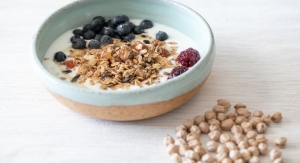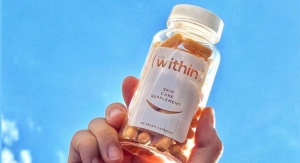07.25.19
The idea of “personalized nutrition” is currently generating a significant buzz in the food industry, and innovators are seeking new ways to tackle the many and varied demands of the modern consumer.
“Today’s consumers are more engaged with their food than ever before,” said Lu Ann Williams of Innova Market Insights, “but every individual is different and this creates its own challenges for the industry.”
Progress is clearly being made when it comes to specific dietary needs or interests. Consumer research from Innova Market Insights in 2018 showed that 9% of U.S consumers are following plant-based diets, 6% keto (ketogenic), 3% paleo, and 3% vegan diets. There has been a corresponding rise in global new product development (NPD) in these areas, with a 64% increase in plant-based launches between 2017 and 2018 alone, while keto launches rose 76%, paleo 33%, and vegan 27%.
At the same time, the industry is recognizing that food and beverages can also impact mental and emotional well-being, with guilt-free and “feel good” products attracting more attention. Between 2014 and 2018, there was a 21% annual increase in launches of products with claims such as “happy,” “joy,” or “fun.”
Technology also has a serious role to play in the personalization of eating. There are already apps for healthy living, including daily recipes for health-conscious consumers, while science is taking personalization to the next level, with DNA, blood and metabolism testing now providing consumers with a better understanding of their own specific dietary needs.
And personalization does not stop at healthy nutrition. Customization of food and beverage is also expanding across the board for a more personal experience. For example, many fast food restaurants allow customers to “build their own” burger or frozen yogurt, while personal messages on food packaging, or even on the food itself, is generating closer engagement with products and brands.
“Today’s consumers are more engaged with their food than ever before,” said Lu Ann Williams of Innova Market Insights, “but every individual is different and this creates its own challenges for the industry.”
Progress is clearly being made when it comes to specific dietary needs or interests. Consumer research from Innova Market Insights in 2018 showed that 9% of U.S consumers are following plant-based diets, 6% keto (ketogenic), 3% paleo, and 3% vegan diets. There has been a corresponding rise in global new product development (NPD) in these areas, with a 64% increase in plant-based launches between 2017 and 2018 alone, while keto launches rose 76%, paleo 33%, and vegan 27%.
At the same time, the industry is recognizing that food and beverages can also impact mental and emotional well-being, with guilt-free and “feel good” products attracting more attention. Between 2014 and 2018, there was a 21% annual increase in launches of products with claims such as “happy,” “joy,” or “fun.”
Technology also has a serious role to play in the personalization of eating. There are already apps for healthy living, including daily recipes for health-conscious consumers, while science is taking personalization to the next level, with DNA, blood and metabolism testing now providing consumers with a better understanding of their own specific dietary needs.
And personalization does not stop at healthy nutrition. Customization of food and beverage is also expanding across the board for a more personal experience. For example, many fast food restaurants allow customers to “build their own” burger or frozen yogurt, while personal messages on food packaging, or even on the food itself, is generating closer engagement with products and brands.




























